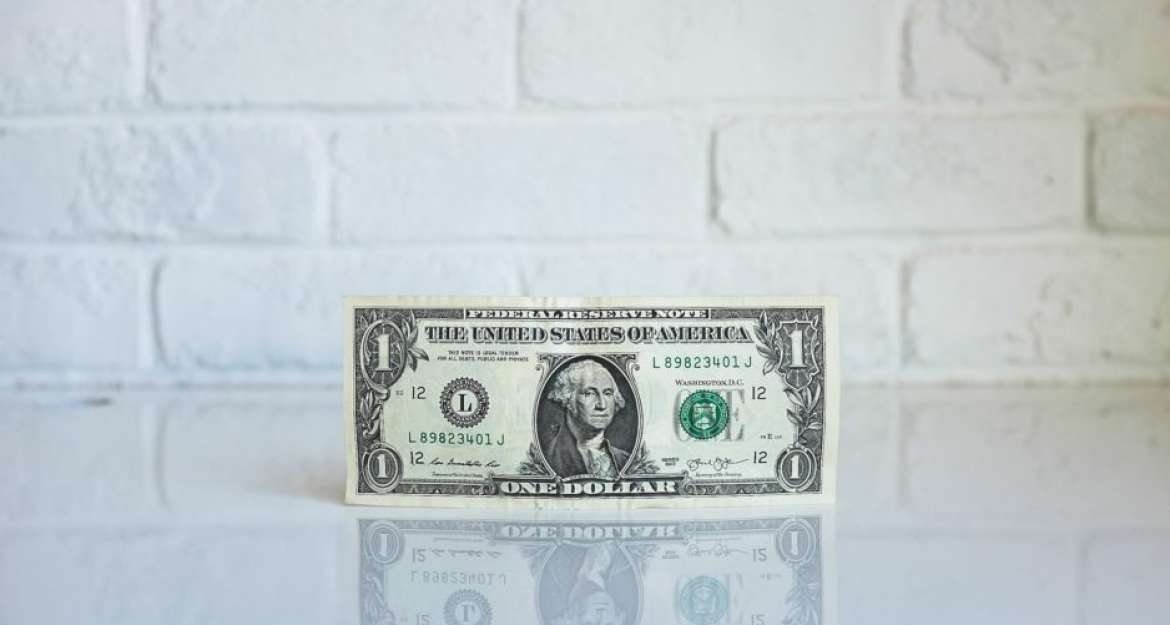Senate Relief for Individuals, Families, and Business – Proposal – Will you get money?
Relief for Individuals, Families, and Business
Complete link can be found @ Senate Link
*This is only a proposal and has not been voted on yet
DIVISION B – RELIEF FOR INDIVIDUALS, FAMILIES, AND BUSINESSES
Title I – Recovery Checks & Other Individual Provisions
Section 2101. 2020 recovery rebates for individuals
Recovery checks of up to $1,200 will be put into the hands of most taxpayers, providing
cash immediately to individuals and families. Married couples who file a joint return are
eligible for up to $2,400. Those amounts increase by $500 for every child. These checks
are reduced for higher income taxpayers and begin phasing out after a single taxpayer has
$75,000 in adjusted gross income and $150,000 for joint filers. The IRS will base these
amounts on the taxpayer’s 2018 tax return. The rebate amount is reduced by $5 for each
$100 a taxpayer’s income exceeds the phase-out threshold. The amount is completely
phased-out for single taxpayers with incomes exceeding $99,000 and $198,000 for joint
filers. The IRS will base these amounts on the taxpayer’s 2018 tax return.
Taxpayers with little or no income tax liability, but at least $2,500 of qualifying income,
would be eligible for a minimum rebate check of $600 ($1,200 married). Qualifying
income includes earned income, as well as Social Security retirement benefits and certain
compensation and pension benefits paid to veterans. This ensures relief gets to lowincome seniors and disabled veterans.
Section 2102. Delay of certain deadlines
The provision extends the April 15th filing date to July 15th, giving individuals more
time to file their tax returns given the limitations caused by the COVID-19 emergency.
The filing date would be aligned with the extended payment filing date already
announced by the Internal Revenue Service.
The provision also allows all individuals to postpone estimated tax payments due from
the date of enactment until October 15, 2020. There is no cap on the amount of tax
payments postponed, and any individual required to make estimated tax payments can
take advantage of the postponement. This delay should increase the available cash flow
for individuals experiencing cash shortfalls as a result of the COVID-19 emergency.
Section 2103. Special rules for use of retirement funds
Consistent with previous disaster-related relief, this provision waives the 10-percent early
withdrawal penalty for distributions up to $100,000 from qualified retirement accounts
for coronavirus-related purposes. In addition, income attributable to such distributions
would be subject to tax over three years, and the taxpayer may recontribute the funds to
an eligible retirement plan within three years without regard to that year’s cap on
contributions. Further, the provision provides flexibility for loans from certain retirement
plans for coronavirus-related relief.
A coronavirus-related distribution is a distribution made to an individual: (1) who is
diagnosed with COVID-19, (2) whose spouse or dependent is diagnosed with COVID-19,
or (3) who experiences adverse financial consequences as a result of being quarantined,
furloughed, laid off, having work hours reduced, being unable to work due to lack of
child care due to COVID-19, closing or reducing hours of a business owned or operated
by the individual due to COVID-19, or other factors as determined by the Treasury
Secretary.
Section 2104. Allowance of partial above the line deduction for charitable
contributions.
The provision encourages Americans to contribute to churches and charitable
organizations in 2020 by permitting them to deduct up to $300 of cash contributions,
whether they itemize their deductions or not.
Section 2105. Modification of limitations on charitable contributions during 2020
The provision increases the limitations on deductions for charitable contributions by
individuals who itemize, as well as corporations. For individuals, the 50-percent of
adjusted gross income limitation is suspended for 2020. For corporations, the 10-percent
limitation is increased to 25 percent of taxable income. This provision also increases the
limitation on deductions for contributions of food inventory from 15 percent to 25
percent.

